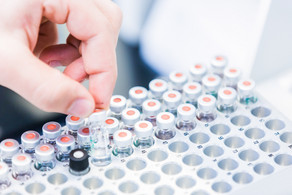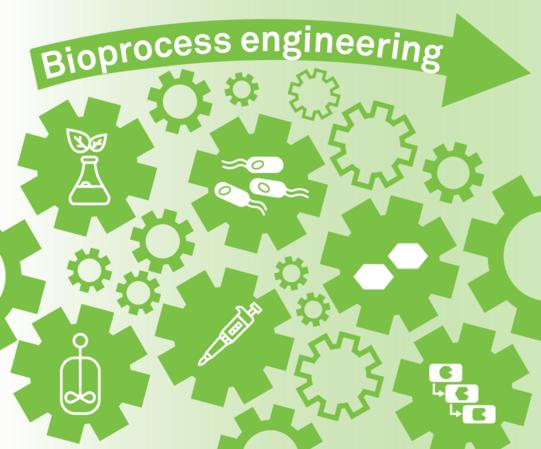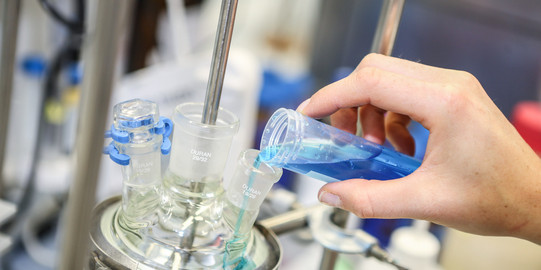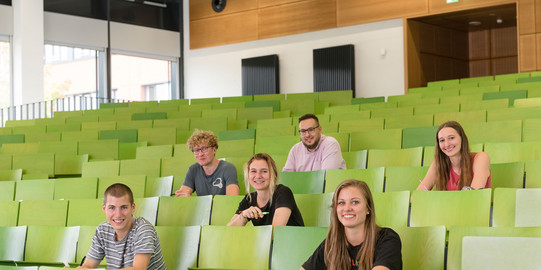Write your Bachelor or Master thesis at the chair for bioprocess engineering!
Bioprocess engineering
Bioprocess engineering develops new processes for the production of valuable and active substances using biotechnological tools. For this purpose, isolated enzymes, enzyme cascades and whole cell systems are used as biocatalysts. Characterization starts with screening and continues through to bioprocess development.
Good to know
New employee from June 1, 2025

Microtiter Plate Cultivation Systems Enable Chemically Diverse Metabolic Footprints During Bacterial Natural Product Discovery

Congratulations on your promotion

Congratulations on your promotion

Professorship
Prof. Dr. Stephan Lütz has been head of Bioprocess Engineering at the Faculty of Bio- and Chemical Engineering at TU Dortmund University since 2016.
Biocenter
The BCI Faculty Biocenter is an amalgamation of Bioprocess Engineering, Technical Biochemistry and Technical Biology.
Dechema
In DECHEMA-BioTechNet, experts from academic research and industry find a forum for cooperation and interdisciplinary exchange of ideas.







![[Translate to English:] [Translate to English:]](/storages/zentraler_bilderpool/_processed_/b/8/csm_Miniplant-Labor_3f91778ba2.jpg)



